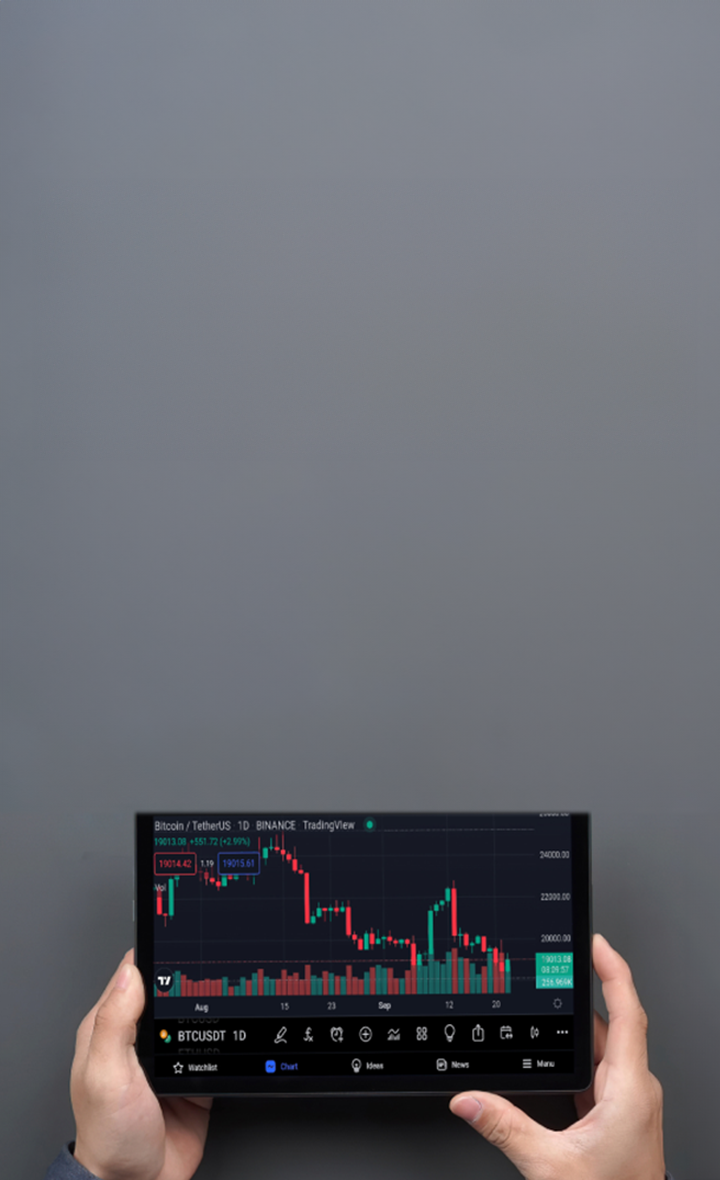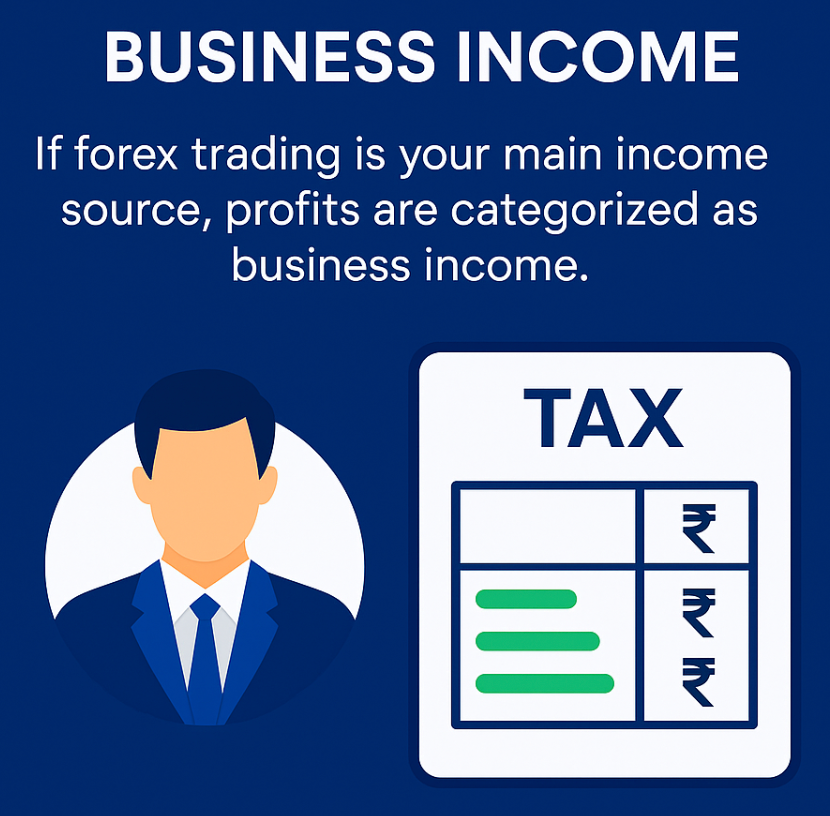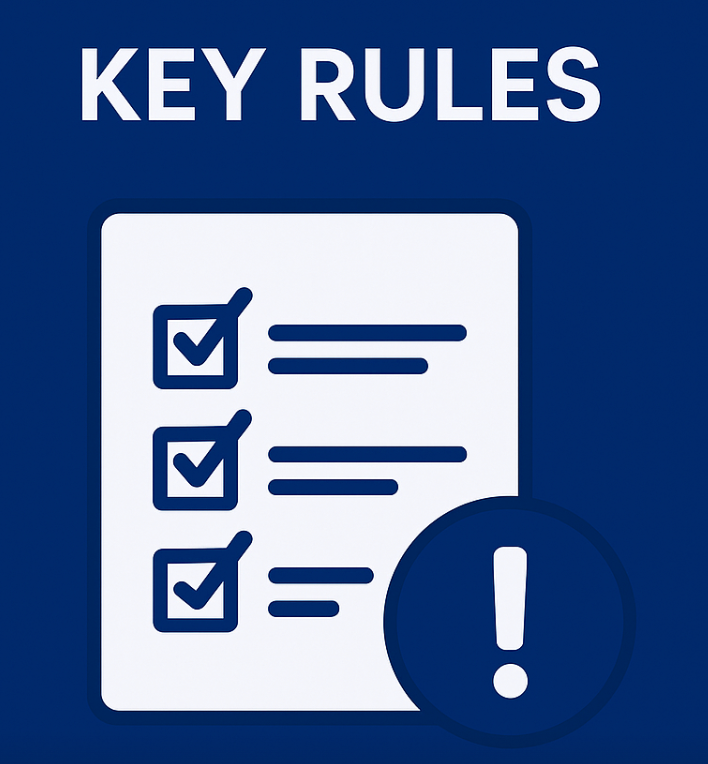

How Is Forex Trading Taxed In India
Understanding Forex Trading in India
Forex trading is the process of buying and selling foreign currencies to make a profit. In India, forex trading is allowed only through authorized dealers and regulated exchanges.
However, if you trade with international brokers, the income you generate is still subject to Indian taxation laws, even if your funds are held overseas. This makes it important to learn how tax applies to both domestic and international forex trades.
How Forex Trading Profits Are Classified
The taxation of forex profits depends on how the income is classified:
Business Income
Figure 1: Profits are generally classified as business income if forex trading is your primary source of earnings.
If forex trading is your primary source of earnings or you are actively trading frequently, the profits are generally classified as business income. Under this classification, your income is added to your total taxable income and taxed according to the applicable income tax slab rates in India. The advantage of this category is that traders can also claim deductions on certain expenses directly related to trading, such as broker fees, internet costs, research tools, and even a portion of office expenses if applicable. This makes it a suitable classification for those who approach forex trading as a full-time business activity.
Capital Gains
Figure 2: If you engage in forex trading only occasionally, treat it more like an investment.
If you engage in forex trading only occasionally and treat it more like an investment rather than a regular activity, your profits may fall under capital gains. Depending on the duration for which you hold your position, these gains can be categorized as either short-term or long-term capital gains. Short-term gains are taxed at the normal tax rates, while long-term gains may be subject to a lower tax rate. This classification is more common among individuals who view forex trading in India as a means to diversify their portfolio, rather than as their primary source of income.
Correctly identifying your income type is essential, as this classification determines the rate of tax you pay.
Tax on Foreign Trading in India: Key Rules
Figure 3: The rules for trading forex in India.
Profits from international forex brokers are fully taxable under Indian law. The tax on foreign trading in India falls under the Income Tax Act, and traders must declare these earnings, regardless of whether the funds remain abroad or are brought back into India.
If your forex trading profits are treated as business income, you have the benefit of deducting legitimate expenses before calculating the taxable amount. This means costs such as broker commissions, internet bills, research tools, trading software, and even certain office-related expenses can be claimed as deductions. By doing so, your taxable income is reduced, which may lower the overall tax liability. This approach is especially useful for full-time traders who incur regular costs in maintaining their trading activities.
On the other hand, if your profits are treated as capital gains, taxation works differently. In this case, the tax is applied directly to your net profit after adjusting for the purchase and sale prices of your trades. Unlike business income, you cannot claim trading-related expenses as deductions. However, this method is more straightforward, as you are only taxed on the difference between your entry and exit prices in forex positions. This makes it suitable for occasional traders who do not want to manage the complexities of business expense deductions.
Common Mistakes Traders Make With Forex Taxes
Many beginner traders in India make avoidable mistakes when it comes to forex taxation. One common mistake is not reporting income earned through international brokers. Even if your profits are held in an overseas account, Indian tax laws require you to declare them, and failing to do so can lead to penalties.
Another frequent error is classifying regular, high-frequency trading as capital gains instead of business income. This misclassification may cause issues during tax assessments and could also prevent traders from claiming legitimate business-related deductions.
Some traders also forget to declare forex accounts or assets held abroad. Indian residents are required to disclose such holdings under the Foreign Asset Schedule in their tax return, and overlooking this requirement can attract scrutiny from the tax authorities.
Finally, many beginners ignore GST obligations on trading-related services such as broker fees and transaction charges. These costs are subject to GST, and neglecting them reduces accuracy in your tax reporting. Avoiding these mistakes ensures smoother compliance and protects you from unnecessary complications in the future.
Avoiding these mistakes ensures smooth compliance and prevents unnecessary tax-related issues.
TMGM Insight: A Trusted Forex Trading Platform
TMGM provides Indian traders access to the global forex market through a secure and regulated platform. With advanced trading tools, competitive spreads, and educational resources, TMGM helps traders not only execute trades but also understand the rules around taxation and compliance in India.
Start Trading with TMGM
Ready to start trading forex with confidence? TMGM offers beginner-friendly tools, transparent pricing, and extensive learning resources to help you grow as a trader.
Tradez Plus Intelligemment Aujourd'hui






Réel
Compte
Instantanément





